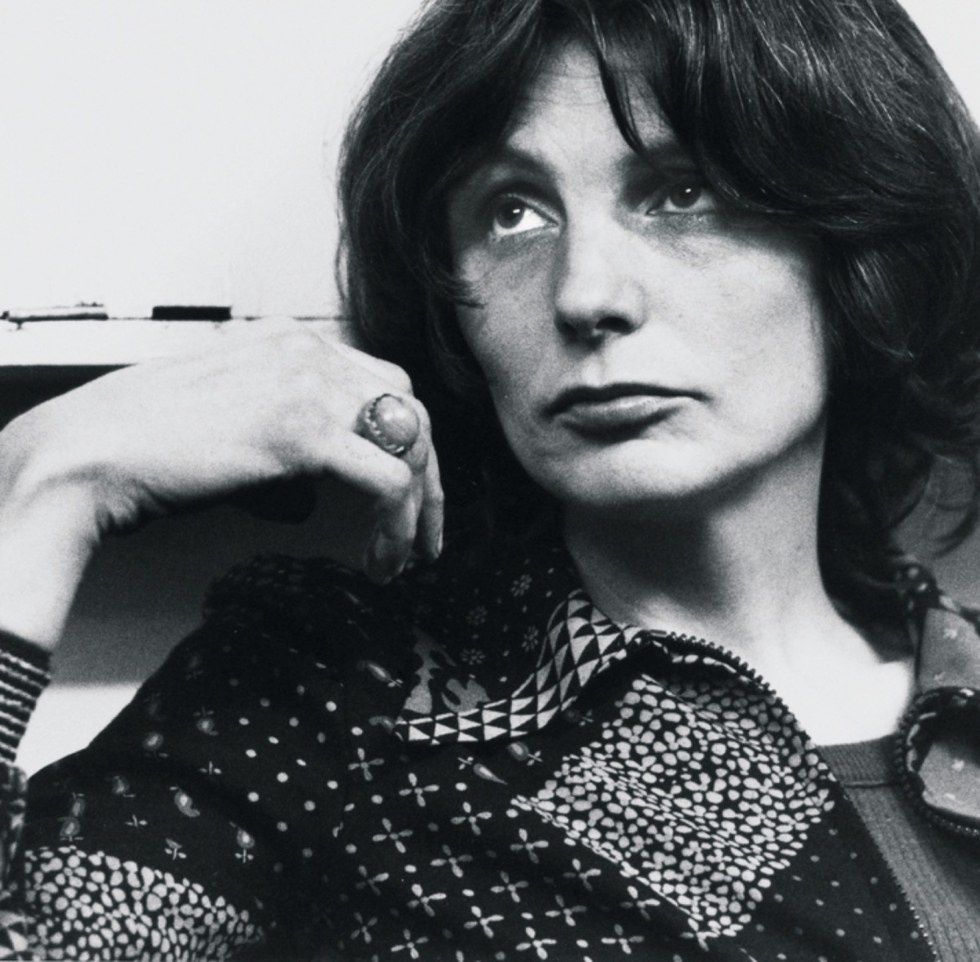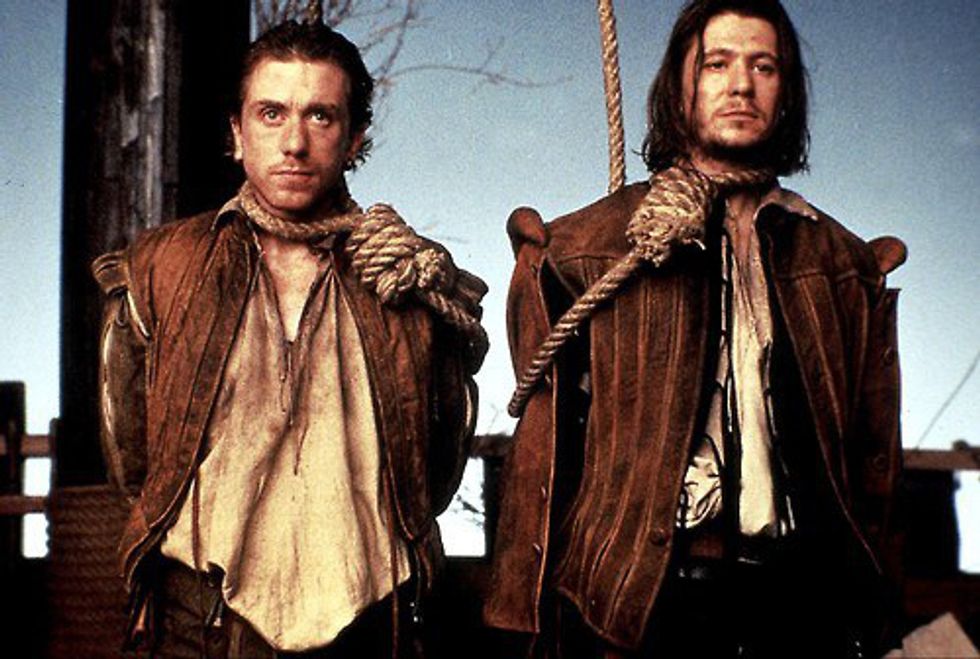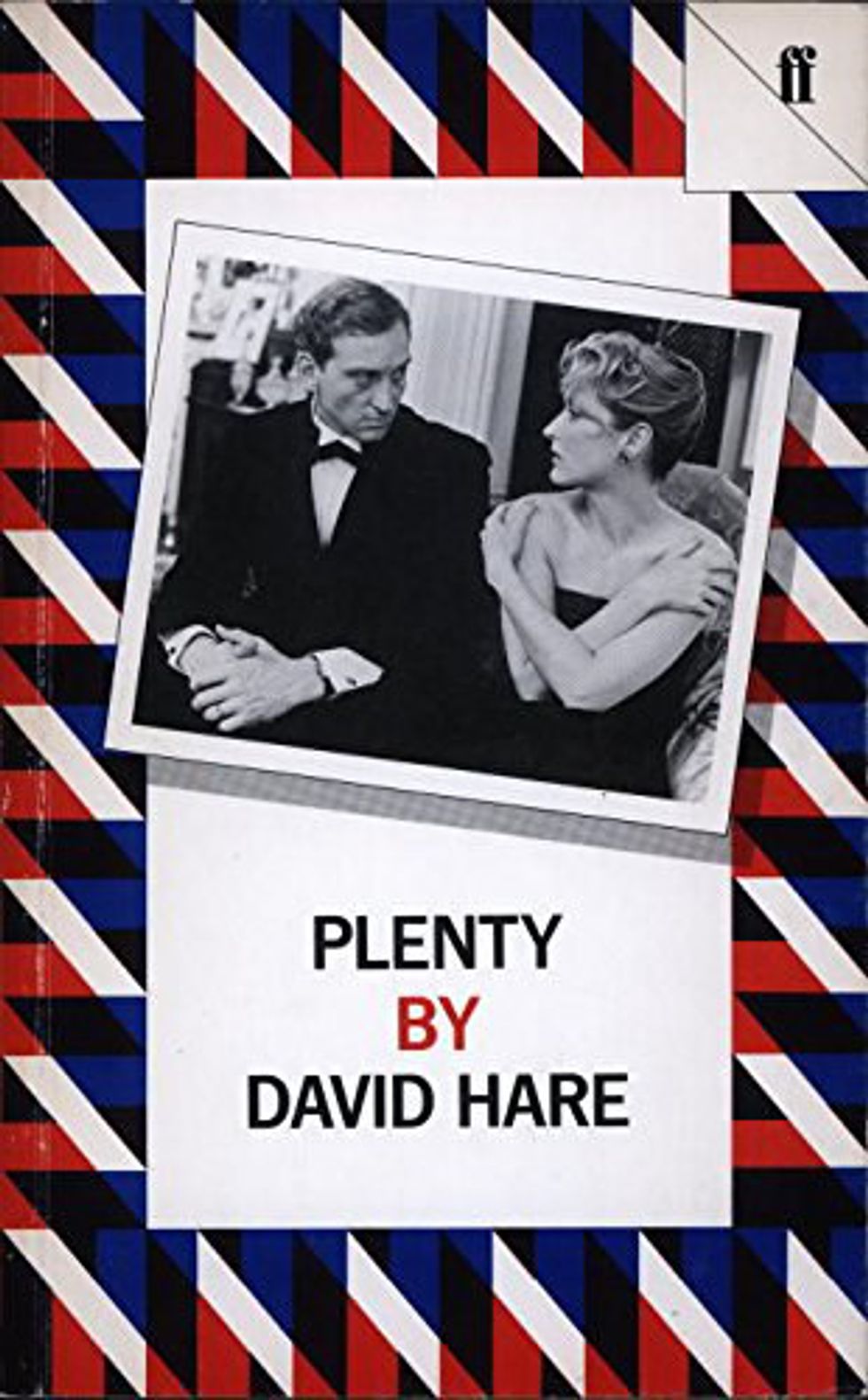As a certain famous Brit once wrote..."All the world's a stage."
For centuries, live theatre has been an essential part of England's social scene. Everyone from the poorest of peasants to Queen Elizabeth I saw a visit to the theater as one of the greatest, most accessible sources of culture and entertainment.
Some audience members even got so emotionally invested in the stories they were watching that they would throw rotten fruit at the actors!
This autumn I took a course on Modern British Drama where each week I had the privilege to attend and review a live performance of a show currently playing in London. From shabby one-man college productions to full West End musical phenomenon, I saw an extremely diverse range of performances and had the chance to discover some of England's most impressive dramatists.
If you too want to immerse yourself in the captivating world of the British stage, here are a few essential playwrights you should be familiar with.
1. Caryl Churchill
Caryl Churchill is considered by many to be one of the greatest living dramatists and modern-day writers. For more than four decades, Churchill's work has consistently pushed creative boundaries in order to explore themes of feminism, abuse of power, parental abandonment, and cultural revolution. She's experimented with practically every form of drama and subject matter from non-linear plots to time travel to absurdism to human cloning.
If you want to dive into Churchill's canon, I recommend starting with her 1980s hit "Top Girls" which opens with an iconic dinner party scene bringing together prominent women from different periods of history.
2. Tom Stoppard
The Stoppard work you're most likely familiar with is his absurdist comedy "Rosencrantz and Guildenstern Are Dead" which focuses on the adventures of two minor characters from Shakespeare's "Hamlet." Fun fact: This play also served as the loose inspiration for Disney's "The Lion King 1½".
Stoppard's works share a distinctly academic and historical style, that manages to make even the topics of 19th century poetry, Latin translations, and scientific chaos theory feel witty, romantic, and entertaining.
If you're looking for a challenging but rewarding taste of Stoppard's style to check out, I recommend picking up a copy of his 1993 play "Arcadia" which expertly weaves together two different timelines to unravel a mysterious relationship between a young student and her tutor.
3. David Hare
David Hare's plays are the perfect fit for anyone with a passion for politics and current affairs. His 1978 work "Plenty" presents England as a land of disillusion following the end of WWII and harshly criticizes the British government's disastrous, corrupt involvement in the Suez-Crisis.
He also generated controversy in the early 1990s with a three-part political trilogy of plays, "Racing Demon," "Murmuring Judges," and "The Absence of War" that together examined the flaws of the British electoral and court systems.
Hare has also written widely for both film and television, and in 2013 he received two Academy Award nominations for his screenplay adaption of "The Hours," starring Meryl Streep, Juliane Moore, and Nicole Kidman.
4. Sarah Kane
A founder of what prominent English theatre critic Aleks Sierz dubs "In-Yer-Face Theatre," Sarah Kane transformed the world of British drama in the mid-90s with plays that sought to shock crowds through explosive, surreal representations of emotional pain and physical violence.
Kane combines raw, blunt dialogue with intensely psychologically brutal scenarios. As both a playwright and poet, she strived to confront rather than comfort viewers by drawing parallels between fiction and the real-life horrors of warfare and abuse.
Her first work, "Blasted," stunned audiences upon its initial release, notably featuring a scene where a domestic abuser is blinded by an enemy soldier and later eats the body of a dead infant in order to fend off starvation.
Tragically, Kane's rising career was cut short when she committed suicide in 1999, but the body of work she leaves behind is nothing less than a political masterpiece.
5. Camilla Whitehall
By far the least well-known of the playwrights on this list, I wanted to bring attention to the touching and powerful voice of feminist storyteller, Camilla Whitehall. Last December, I had the pleasure of seeing the premiere of her first major production "Where Do Little Birds Go?" at London's tiny Old Red Theatre and it was one of the most fascinating pieces of live theatre I've ever seenBased on the real-life story of Lisa Prescott, a young hostess kidnapped by the notorious Kray Twins in December 1966 and forced to serve as a sex-slave for the escaped convict Frank “The Mad Axeman” Mitchell, Whitehall’s show gave an overlooked woman a voice through an hour-long monologue where the main character recounts her journey into prostitution and eventual captivity. Whitehall’s script refreshingly showcases Lucy as a person rather than a victim, finally allowing her a stage to tell her story and her own ‘moment in the spotlight’ in the form of a one-woman cabaret. So far, Whitehall has only authored or co-authored three full works, but I guarantee she is definitely a rising star to watch and will gain a much wider audience over the next few years.


























